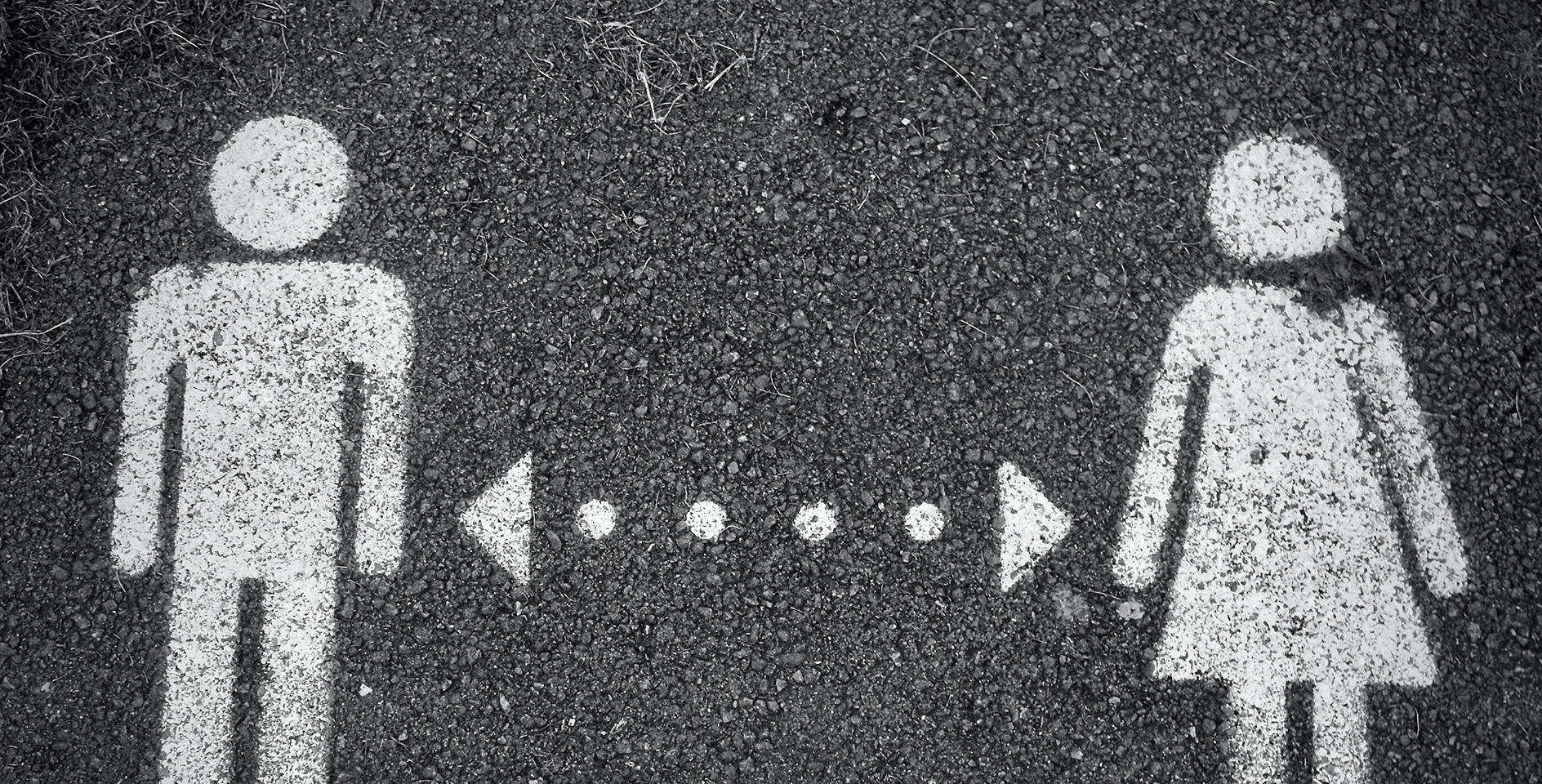When I was young, faced with washing dishes or some other such chore, my siblings and I would wonder when science would catch science fiction and our home would function like The Jetsons, where everything was automated awesomeness.
In the decades since then, our world does indeed resemble the dreams of yesterday’s science fiction, but it has also traveled further into dystopia. As one columnist wrote, “In contrast to science fiction tales set in fantastical futures on distant planets, dystopian novels take the anxieties of people on earth and amplify them.”[1]
With instant global interconnectedness alerting us to all forms of tragedy and conflict, our society appears to have defaulted either to resigned despair or distracted indifference. When regularly our leaders disappoint us by their actions and their human flaws are flouted and magnified due to our relentless and merciless scrutiny, it’s easy to see why many have come to a collective understanding that no one can stand with a message of hope. Once a small genre of fiction literature, dystopian-themed novels, games, and movies seem now to be the predominant world in which entertainment takes place, and increasingly the real world as well.
Hope, rather than dystopia, is the fiction of our day. What happened?
Active and passive cynicism
In the process of avoiding the anxiety of a Big Brother governmental takeover like in George Orwell’s 1984, society instead followed Neil Postman’s prediction that we would amuse ourselves to death. And, with anxiety and amusement gone, only cynicism remains.
In 2015, composer Mohammed Fairouz wrote, “The age of anxiety has given way to the age of cynicism. Among my generation, cynicism is no longer a bad word: it’s being celebrated, and it is often mistaken for intelligence.” The age of cynicism, Fairouz continues, is where “it is better to be wry and distrustful than to be open and trusting.”[2]
Luis Navia, in his critical study of classical cynicism, explains that in modern times a cynical person is:
someone who rejects ethical values and ideals . . . and who reacts skeptically and sarcastically to even the most innocent and well-intentioned human actions. For such a person, most if not all human activities are suspect and unworthy of trust, since no one, according to the cynic, ever seeks or pursues anything except for the specific yet often secret purpose of benefiting himself. For the cynic, accordingly, hypocrisy and deceitfulness, primitive selfishness and unbounded egotism, and gross materialism and disguised ruthlessness are the hidden characteristics of all human behavior. Hence, the cynic does not believe in ideals or lofty aspirations, which are in his mind only linguistic and behavioral games promoted for the purpose of manipulating and duping people, or ways to hide the enormous state of confusion that permeates the average human consciousness.[3]
The Christian and cynicism
However, Christians should take heed, for we, as those living in this world, are prone to bend toward it. Often, the pull toward cynicism is easier to follow than the struggle to resist. Sarcasm comes too easy, complaining is default small-talk, and despair can mark us more than joy.
Often, the pull toward cynicism is easier to follow than the struggle to resist. Sarcasm comes too easy, complaining is default small-talk, and despair can mark us more than joy.
John Bunyan, in his allegory of the Christian life, Pilgrim’s Progress, introduces a character named Hopeful to aid Christian on his journey “from this world to that which is to come.”[4] Hopeful is a fellow pilgrim who joins Christian after his earlier companion, Faithful, was martyred. Bunyan describes him in phoenix-like terms as rising out of Faithful’s ashes.
Hopeful proves a worthy and helpful companion to Christian. When they were imprisoned together in Doubting Castle by the Giant Despair, it is Hopeful’s words that helped calm Christian’s mind. Later, as they neared the end of the journey and were faced with crossing a deep river in order to enter the gate to the Celestial City, Christian began to despair, and as they waded in, he began to sink. At that moment, Hopeful provides the encouragement that pulls Christian across the finish line: “Be of good cheer, my brother, I feel the bottom, and it is good.”[5]
Christian reader, in a cynical age where despair abounds, there is a mere hope that has found the bottom, and it is good.
This article is an excerpt from Mere Hope: Life in an Age of Cynicism.










